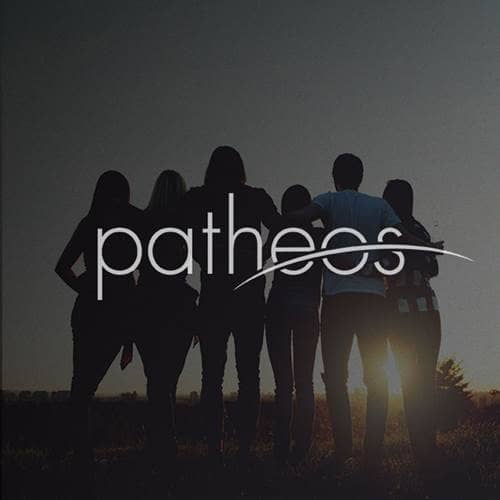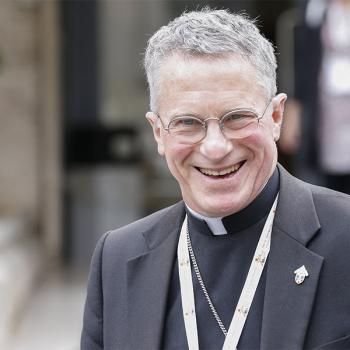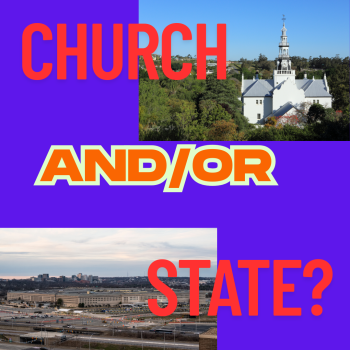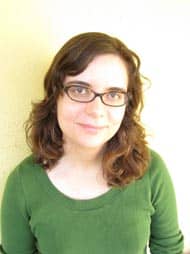
You can tell a lot about Alicia Enciso by looking at her Facebook profile. She enjoys visiting independent bookstores, is an avid supporter of President Barack Obama and likes listening to anything from Howlin' Wolf to the Kinks. But she's a little more timid about unveiling her religious affiliation.
"Facebook makes me nervous because different people project different meanings onto these [religious] categories," said the 33-year-old, a graduate student at the University of Texas at Austin.
Most of today's popular social-networking sites -- MySpace and Facebook included -- invite users to specify their religious affiliation. And while a majority of teenagers believe in God and are affiliated with a religious tradition (84 percent, according to a 2005 survey by the National Study of Youth and Religion), researchers suspect that many of the growing number of young adults who use (non-Christian) social-networking sites are hesitant to explicitly state their religious affiliation on the Internet, at least in part because they fear religiosity conjures up certain negative stereotypes among their peers.
According to a 2008 analysis of more than 100,000 MySpace profiles, only 45.3 percent contain a "completed religion field in the interests section of the profile." The data, published in the Journal of Computer-Mediated Communication, has led researchers like Peter Bobkowski to wonder why more don't disclose their religious identity online, especially since according to surveys, a large percentage of youth identify with a religious tradition.
Bobkowski, a third-year graduate student at the University of North Carolina at Chapel Hill, is only in the beginning stages of his research. But he says he can already discern some broad patterns of online identification among religious youth. (Thanks to a grant from the John Templeton Foundation, Bobkowski will begin a large-scale, two-year study on the topic in June 2009, with the help of the National Study of Youth and Religion.)
"People generally don't talk about their religious identity," Bobkowski said. There's a "perception that there's this anti-Christian bias out there, and they try to mitigate that."
In order to begin to test this hypothesis, Bobkowski interviewed five evangelical Christian undergraduates, ranging in age from 21-23, at the University of North Carolina at Chapel Hill. All attend church on Sunday and are involved in campus ministry organizations.
Although their offline religious life was reflected on their social-networking profiles in the context of activities, relationships and photographs, none explicitly stated they were "Christian." And while some suggested they simply did not notice the religious views category, or that they sought to include only a minimal amount of information on their profiles as a whole, Bobkowski also found they had concerns about how friends would interpret their allegiance to Christianity.
"Just because of the stereotypes of Christians held on our campus, you know, that we're intolerant...And so I don't want people to not get to know me, and like...not consider the other things about me because they found out that I'm a Christian," said Crystal, a 21-year-old regional planning major involved in the study.
Another student, Mike, indicated he too was worried about being "written off" because of his religious views.
"I think that a lot of people are scared away by people who, like, pound their Bible and are always talking about religion. And, I don't know, if people are looking for me on Facebook, I don't want to scare them off just because I'm a Christian," said the 21-year-old computer science major.
Bobkowski suspects that his long-term study will find many more young people "engaged in a negotiation between portraying themselves as being authentically Christian and not portraying themselves as being too Christian."
"We have some really conservative Protestants in the U.S. who believe that it is imperative that they ‘witness' to ‘unbelievers,' and those who believe this most fervently tend to be the most insensitive to others," said Lynn Clark, a professor of communication at the University of Denver when asked about Bobkowski's study. "Most young people, regardless of their faith stance, do not want to appear insensitive or intolerant."
Bobkowski also noted, however, that any hesitation over the disclosure of a religious affiliation on a social-networking site depends largely on a user's specific social network.
Alicia Enciso, for example, might have a wider social circle than someone attending a private Christian school and, therefore, feel more inclined to hiding her religious allegiances.
"I have all kinds of different people as friends, and they occupy the range of the religious spectrum," said Enciso. "My fanatic Catholic cousin doesn't need to be going on a rampage on my [Facebook] wall just because I decide to list an openness to pagan sensibilities."





